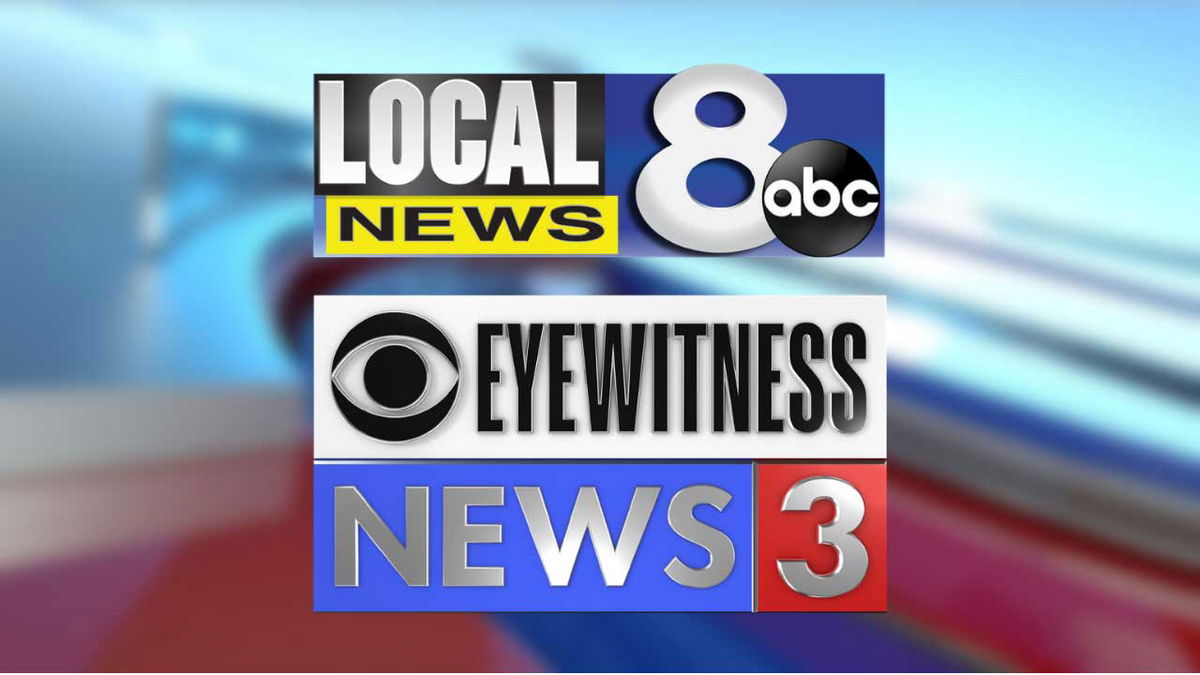A Utah city violated the First Amendment in denying a drag show permit, judge rules

SALT LAKE CITY (AP) — The city of St. George must issue a permit for a Utah-based group that organizes drag performances to host an all-ages drag show in a public park, a federal judge ruled, calling the city’s attempt to stop the show unconstitutional discrimination.
“Public spaces are public spaces. Public spaces are not private spaces. Public spaces are not majority spaces,” U.S. District Judge David Nuffer wrote in a Friday ruling granting the preliminary injunction requested by the group. “The First Amendment of the United States Constitution ensures that all citizens, popular or not, majority or minority, conventional or unconventional, have access to public spaces for public expression.”
Southern Utah Drag Stars and its CEO, Mitski Avalōx, sued the city of St. George in May after the city denied the group permits for an all-ages show it aimed to host in a public park in April. A complaint filed in federal court accused city officials of “flagrant and ongoing violations of their free speech, due process, and equal protection rights,” and asked for St. George to reverse its decision and authorize a drag show at the end of June.
A city events coordinator told Drag Stars, Avalōx said, that the group could start advertising for the April show before obtaining a permit. The city council later denied the permit, citing a never-previously-enforced ordinance that forbids advertising before permit approval.
The permit denial based on that ordinance, Nuffer wrote in his ruling, was a pretext for discrimination.
“Public officials take an oath to ‘support, obey, and defend the Constitution of the United States and the Constitution of the State of Utah,’” Nuffer wrote. “They do not merely serve the citizens who elect them, the majority of citizens in the community, or a vocal minority in the community.”
The city now may not enforce any new advertising prohibitions against the group or its show, Nuffer ruled, ordering that the performance must “take scheduling precedence over any other event.”
In a statement, the city of St. George said it is committed to ensuring public parks and facilities remain viable and open to residents and those who want to hold special events.
“Our intent is always to follow the law both when we enact laws and when we enforce laws, and we will continue to do so,” the statement said. “We have read Judge Nuffer’s opinion and while we are disappointed in the result, we are currently evaluating our options in light of the ruling.”
The lawsuit marked the most recent development in a fight over drag shows in St. George, Utah, a conservative city 111 miles (179 kilometers) northeast of Las Vegas, Nevada. Since HBO filmed a drag show in a public park last year for an episode of its series “We’re Here,” the city has emerged as a flashpoint in the nationwide battle over drag performances as they’ve garnered newfound political scrutiny in Republican-controlled cities and states.
Public events like drag queen story hours and the all-ages event that Avalōx intended to put together have been increasingly targeted in legislatures throughout the country. In May, Florida Gov. Ron DeSantis signed a ban on minors attending drag shows, and Montana Gov. Greg Gianforte signed a ban on people dressed in drag from reading books to children at public schools and libraries.
In Utah, a proposal from a St. George Republican to require warning notices for events like drag shows or pride parades in public places stalled after advancing through the state House of Representatives in March. The proposal stemmed from the pushback that resulted from the HBO-produced drag show in St. George.
City officials issued permits for the show over the objection from some council members and community activists. City Manager Adam Lenhard resigned months later after writing councilmembers to say that he could not legally deny the show permits, according to emails obtained by The Salt Lake Tribune.
Avalōx founded Southern Utah Drag Stars after the fallout, hoping to showcase drag for members of the LGBTQ+ community in a rural place where such forms of entertainment are often lacking.
“I made it my mission to continue to do these events and not just one month out of the year, but to do so people that were like me when I was little … can see that there are queer adults that get to live a long and fulfilled life,” Avalōx said in an interview with The Associated Press. “My biggest ambition was to provide a public space where people can go to a park and enjoy a show that’s meant for everyone.”
